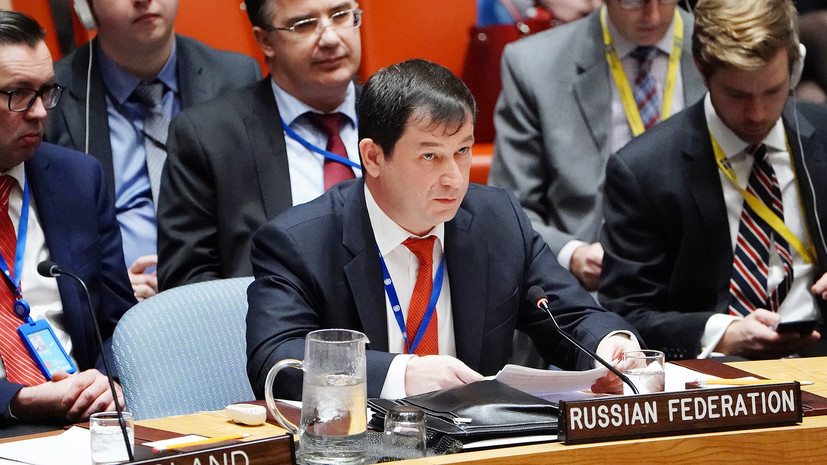Polyansky noted that "after 25 years the CTBT has become almost universal in terms of the number of participants and the most elaborated international legal instrument against nuclear tests."
"The universal and non-threshold prohibition on any nuclear explosions provided for in it, supported by an effective control system, is capable of providing a reliable barrier to the proliferation and qualitative improvement of nuclear weapons," he said.
According to him, "for the overwhelming majority of countries, including Russia, the CTBT has become an integral element of ensuring international security and stability."
“We welcome the signing and ratification of the CTBT by Cuba and its ratification by the Union of the Comoros,” the diplomat said.
He noted that "each ratification is extremely important as another step towards the universalization of this treaty."
“Nevertheless, the festive mood on the occasion of the mentioned anniversary is darkened by the fact that the CTBT never came into force and its prospects remain extremely uncertain.
States that have made their choice in favor of the Treaty cannot fully rely on it.
We have already expressed our concerns about the current situation during the 12th Conference on Facilitating the Entry into Force of the CTBT on 23 September this year.
Unfortunately, eight countries from Annex 2 to the Treaty, whose ratification is necessary for its entry into force, have not yet been able to take practical steps to sign and / or ratify it, ”said Polyansky.
The diplomat said that this "creates serious obstacles in the field of nuclear non-proliferation and disarmament."
At the end of June, the Russian Ministry of Foreign Affairs reported that "they are forced to state a serious deterioration of the situation" around the Comprehensive Nuclear Test Ban Treaty (CTBT).

